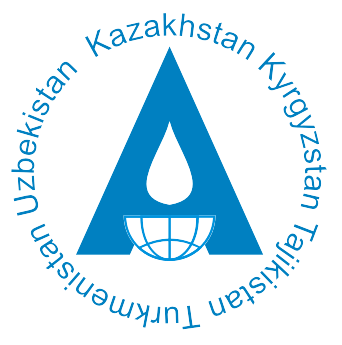25th ANNIVERSARY OF THE INTERNATIONAL FUND FOR SAVING THE ARAL SEA
On March 26, the International Fund for Saving the Aral Sea (IFAS) marks its 25 years.

The Aral Sea problem is rooted far back in history. However, it reached alarming level in the 1960s. Increased population and growing demand for water, intensive development of new land, expansion of irrigated agriculture, and more frequent dry years resulted in one of the largest global ecological catastrophes in the modern history –drying of once one of the most beautiful water bodies in the world.
Until 1960, the Aral Sea was one of the world’s fourth largest lakes. Its surface was 68.9 thousand square kilometers, and water volume was 1,083 km3. The Amudarya and Syrdarya Rivers supplied water to the Sea. The river flow decreased every year, and the situation deteriorated after the collapse of the Soviet Union. Water salinity increased many times. Over the past quarter-century, million tons of dust and salt have been lifted annually from the dried seabed and negatively impacted the natural environment. The consequences of ecological catastrophe influenced lives of millions of people in the Aral Sea basin.
Meanwhile, not only the population living in the disaster zone but the entire Central Asian region is under constant environmental risk and influence of factors that negatively affect the quality of life, health, and the gene pool. In order to change the situation and attract attention of the international community to the Aral Sea problem, the leaders of five Central Asian states – Kazakhstan, Kyrgyz Republic, Tajikistan, Turkmenistan, and Uzbekistan - established the International Fund for Saving the Aral Sea.
The mission of IFAS is to coordinate interactions at the national and international level with the aim to efficiently use water resources and improve ecological and socio-economic situation in the Aral Sea basin. The Fund serves as a platform for dialogue between the Central Asian states and international community. Since 2008, IFAS has got the status of observer in the UN General Assembly.
IFAS and its branches have been functioning for 25 years. For this short historic period, they have become an efficient platform for negotiations and making consolidated decisions on water sharing in the region. This cooperation mechanism enables the Central Asian states to solve issues related to environmental improvement in Prearalie, as well as management and allocation of transboundary water resources.
Not only the Central Asian states but also UN, UNESCO, World Bank, Asian Development Bank, and donor-countries (Canada, USA, and EU countries) jointly make efforts to save the Aral Sea coast (Prearalie) from the consequences of ecological catastrophe.
Through the active participation of all concerned parties, a range of projects is implemented to reverse unfavorable conditions in the region that threaten gene pool of local population.
Finally, the concerted efforts helped to alleviate socio-economic and environmental problems, while the riparian countries have learned again how to share water resources to mutual benefits.
Source: Kyzylorda News (in Russian)
|